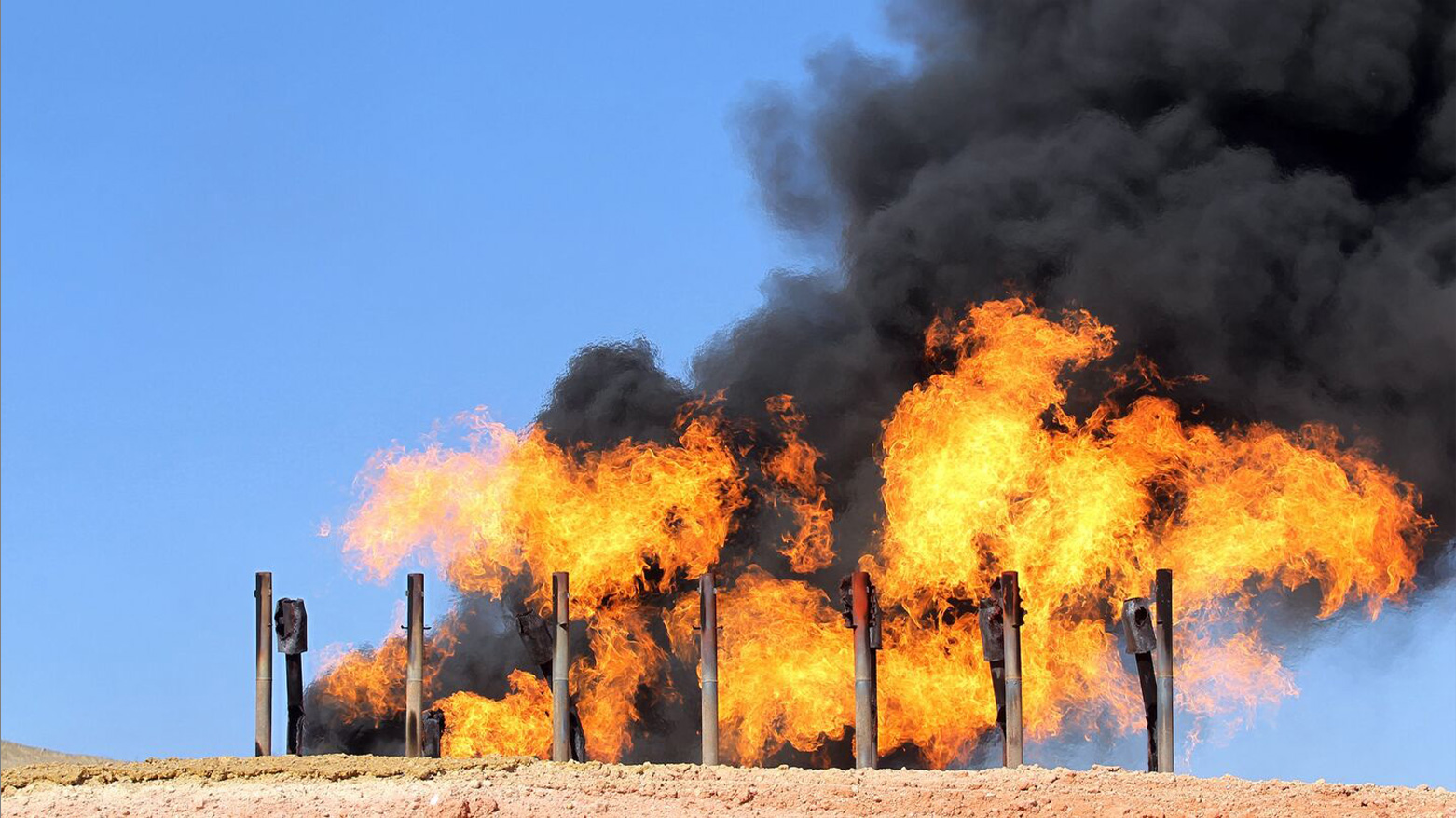Tripartite Energy Meeting Collapses Before Takeoff
According to a source from Iraq’s Oil Ministry, the Iraqi side informed participants of the decision just hours before the meeting was due to begin, offering no new date for rescheduling.

By Kamaran Aziz
ERBIL (Kurdistan24) – A tripartite meeting initially scheduled to take place in Baghdad on Saturday between the Iraqi Ministry of Oil, the Kurdistan Regional Government (KRG) Ministry of Natural Resources, and the Association of the Petroleum Industry of Kurdistan (APIKUR), has been postponed indefinitely.
According to a source from Iraq’s Oil Ministry, the Iraqi side informed participants of the decision just hours before the meeting was due to begin, offering no new date for rescheduling.
A source from the KRG Ministry of Natural Resources confirmed to Kurdistan24: “Our delegation was fully prepared to travel to Baghdad for negotiations. From our side, there were no objections. But we were informed by the Iraqi Ministry of Oil that the meeting was being postponed to an unspecified date.”
This postponement comes despite earlier assurances from Iraqi Oil Minister Hayyan Abdulghani, who had announced during the 9th Sulaimani Forum that the tripartite meeting would take place on April 19 and expressed hope that the resumption of exports would follow swiftly.
The high-stakes meeting was intended to address a long-standing energy deadlock that has dealt a severe economic blow to both Iraq and the Kurdistan Region. It followed more than two months after the Iraqi Parliament passed amendments to the federal budget law that were designed to pave the way for the re-export of Kurdish oil.
However, despite the legislative greenlight, practical implementation has stalled. The deadline set by the law for both governments to jointly designate an international consultancy to assess the final cost of oil production has expired without progress.
Adnan Jabri, Deputy Chairman of the Oil and Gas Committee in the Iraqi Parliament, emphasized that according to the amended budget law, both sides were legally obligated to appoint a consultancy firm within 60 days. "That deadline has now passed," Jabri told Kurdistan24. "If no joint action is taken, the federal government reserves the right to unilaterally designate a company."
Tensions remain high as several oil-producing companies operating in the Kurdistan Region have expressed skepticism towards Baghdad's intentions. Industry representatives have demanded repayment of overdue production costs, financial assurances, and clear mechanisms for debt recovery, citing a longstanding lack of trust in federal institutions.
Meanwhile, the Iraqi Ministry of Oil has yet to finalize a framework agreement with the KRG but is reportedly preparing contingency plans. These include integrating Kurdish oil exports with southern Iraqi crude from Basra and jointly exporting through the Ceyhan pipeline.
Barbara Leaf, former U.S. Assistant Secretary of State for Near Eastern Affairs, highlighted the strategic importance of resolving the dispute during her ninth visit to Sulaimani. Speaking to Kurdistan24 in an exclusive interview, Leaf noted, "The halt in Kurdistan's oil exports has been a recurring concern for the Biden administration. While diplomatic efforts were made, regrettably, a viable agreement has yet to materialize."
She added, "Some of the challenges are political, others technical. I hope the Trump administration will support a solid deal that restarts the flow of Kurdistan's oil."
Iraqi Oil Minister Hayyan Abdulghani echoed a tone of cautious optimism during a panel at the Sulaimani Forum. "The doors for dialogue remain open," he said. "Today, a delegation from the KRG Ministry of Natural Resources is in Baghdad. We aim to reach an agreement as quickly as possible, because Iraq’s economy urgently needs the revenues from resumed exports."
He also revealed that the recent visit by Iraq’s Prime Minister Mohammed Shia al-Sudani to the Kurdistan Region included in-depth discussions on this very matter, which has since accelerated the negotiation process.
Exports of Kurdistan Region oil through Ceyhan have been suspended for more than two years due to legal and political disagreements, resulting in cumulative monthly losses exceeding $1 billion to Iraq’s national revenue and the Kurdistan Region’s economy. The prolonged halt has strained public services, undermined investor confidence, and raised alarm among international partners.
As yet another scheduled meeting is indefinitely postponed, hopes for a swift resolution remain elusive. Industry stakeholders and political observers are now watching closely for signs of renewed commitment to break the deadlock.
Updated: 10:45 AM
